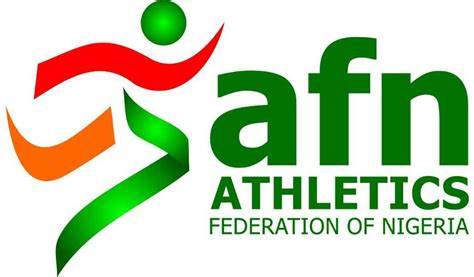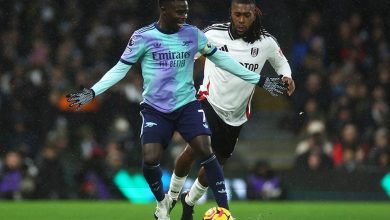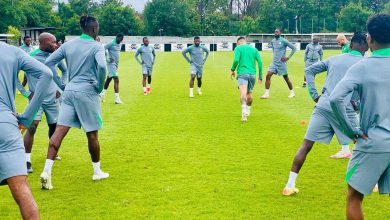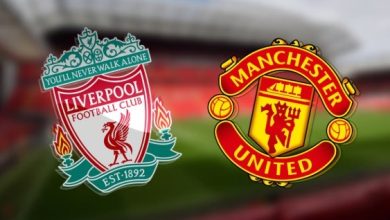Nigeria’s Relay Shame: How AFN Squandered a Golden Generation of 400m Talent

In what is being described by athletics observers as a national embarrassment and a catastrophic failure of sports administration, Nigeria may not field a men’s 4x400m relay team at the 20th World Athletics Championships in Tokyo—despite possessing one of the fastest quartets in the world this season.
The team of Samuel Ogazi, Nathaniel Ezekiel, Chidi Okezie, and Edidiong Udo—each boasting personal bests between 44.4 and 45.1 seconds—was widely expected not only to qualify but to contend for a podium finish.
Instead, they will likely watch from the sidelines, victims of a federation that has once again proven incapable of strategic planning and modern execution.
The Athletics Federation of Nigeria (AFN), already under scrutiny following a controversial and disputed board election, failed to capitalize on the athletes’ peak form following the NCAA finals.
Rather than organizing timely qualification efforts or securing participation in key relay events like the World Athletics Relays in Guangzhou, the AFN resorted to a last-minute trial in Lagos, where the team posted a subpar 3:03.66—well outside the qualifying mark of 2:59.12.
This mismanagement is made even more glaring when compared to the Sydney 2000 Olympic team, which set a national record of 2:58.68 with runners who were past their prime.
Sunday Bada ran a season’s best of 45.74 that year, Clement Chukwu clocked 45.84, Enefiok Udo-Obong 45.75, and Jude Monye 45.41.
Yet they delivered when it mattered. Today’s generation is faster, younger, and more prepared—but has been failed by a federation still stuck in analog mode in a digital age.
Sources close to the athletes reveal that some declined late invitations due to poor communication, lack of incentives, and fatigue from a grueling collegiate season. Others were simply unavailable, having received no clear roadmap from the AFN.
Calls are now growing louder for the National Sports Commission to intervene and rescue Nigerian athletics from what many are calling a ‘sinking ship.’
Stakeholders warn that unless urgent reforms are enacted, the AFN risks becoming an archival relic—irrelevant in a global sporting landscape driven by data, precision, and professionalism.
The expected absence of Nigeria’s 4x400m team in Tokyo is not just a missed opportunity. It is a scandal. And it is one that demands answers.




